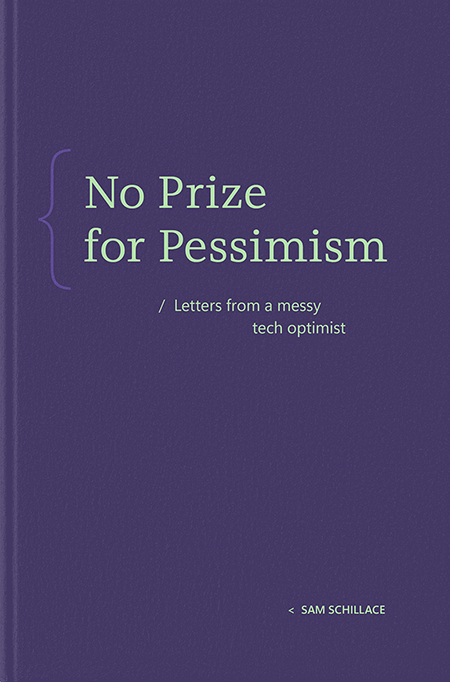Mastering the Shorthand Syntax in your daily workflow
Introduction
In this tech blog, we’ll unravel the magic behind Azure CLI shorthand syntax and discover how it can elevate your command-line experience.
By unlocking the potential of Azure CLI Shorthand Syntax, we want to make your command-line experience as smooth as possible.
Quick walkthrough
Full Value Format: JSON without the quotes, making complex objects a breeze.
az some-command –contact “{name:Bill,age:20,paid:true,emails:[Bill@microsoft.com,Bill@outlook.com],address:{country:USA,company:Microsoft,details:{line1:’15590 NE 31st St’,line2:’Redmond, WA’}}}”
Partial Value Format: Simplifying commands with key-value simplicity.
az some-command –contact name=Bill
az some-command –contact age=20 paid=true
az some-command –contact emails[1]=”Bill@outlook.com”
az some-command –contact address.details=”{line1:’15590 NE 31st St’,line2:’Redmond, WA’}”
az some-command –contact address.details=./address_details.json
Combine Full Value and Partial Value for ultimate flexibility.
az some-command –contact “{name:Bill,age:20,paid:true,emails:[Bill@microsoft.com,Bill@outlook.com]}” motto=”One man’s bug is another man’s lesson.”
az some-command –contact “{name:Bill,??”
az some-command –contact “{name:Bill,address:??”
az some-command –contact “{name:Bill,address:{country:??”
az some-command –contact “{name:Bill,address:{country:USA},emails:??”
az some-command –contact “{name:Bill,address:{country:USA},emails:[??”
az some-command –contact name=”‘Bill RP'” data=”‘{a: [1, 2]}'”
az some-command –contact name=”‘null'”
az some-command –contact name=”‘bill’/s'”
?? for Help: Use ?? to reveal helpful hints, making your life easier.
az some-command –contact “??”
az some-command –contact “{??”
az some-command –contact “{name:Bill,??”
az some-command –contact “{name:Bill,address:??”
az some-command –contact “{name:Bill,address:{country:??”
az some-command –contact “{name:Bill,address:{country:USA},emails:??”
az some-command –contact “{name:Bill,address:{country:USA},emails:[??”
az some-command –contact address=”??”
az some-command –contact emails=”??”
az some-command –contact emails[0]=”??”
Passing null Values: Effortlessly handle null values in both Full Value and Partial Value formats.
Pass null in Full Value:
az some-command –contact “{name:Bill,age:20,paid:true,emails:[Bill@microsoft.com,Bill@outlook.com],address:null}”
Pass null in Partial Value:
az some-command –contact name=Bill address=null
Single Quotes String is used to pass a string value with special characters: `:`, `,`, `{`, `}`, `[`, `]`, `null`, `??` and space. Because those characters usually have other meanings when parsing shorthand syntax. So with single quotes, it tells parser to parse as a string only.
Pass a String Value with Space and Special Characters
Crafting commands with spaces or special characters? No worries! Single Quotes String ensures your strings stay intact:
az some-command –contact “{name:’Bill RP’,age:20,paid:true,data:'{a: [1, 2]}’}”
az some-command –contact name=”‘Bill RP'” data=”‘{a: [1, 2]}'”
Pass a “null” String Value
Need to pass a string with the value “null”? Single Quotes String to the rescue:
az some-command –contact “{name:’null’,age:20,paid:true}”
az some-command –contact name=”‘null'”
Use ‘/ to Pass ‘: Handling the tricky single quote within a Single Quotes String? Use ‘/ to navigate smoothly:
az some-command –contact “{name:’bill’/s’,age:20,paid:true}”
az some-command –contact name=”‘bill’/s'”
az some-command –contact name=”bill’s”
Overall, our shorthand syntax is designed to streamline command creation, making it more concise and intuitive for day-to-day development around Azure CLI. By condensing commonly used parameters, it not only saves keystrokes but also enhances readability which will greatly beneficial to our codebase and CLI developer community.
Microsoft Tech Community – Latest Blogs –Read More










